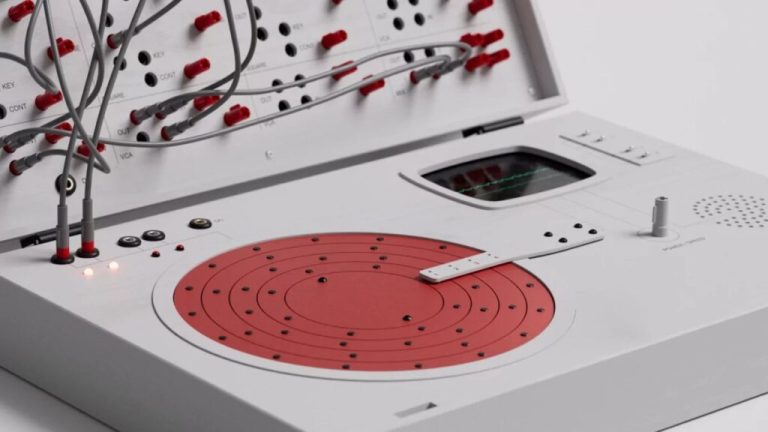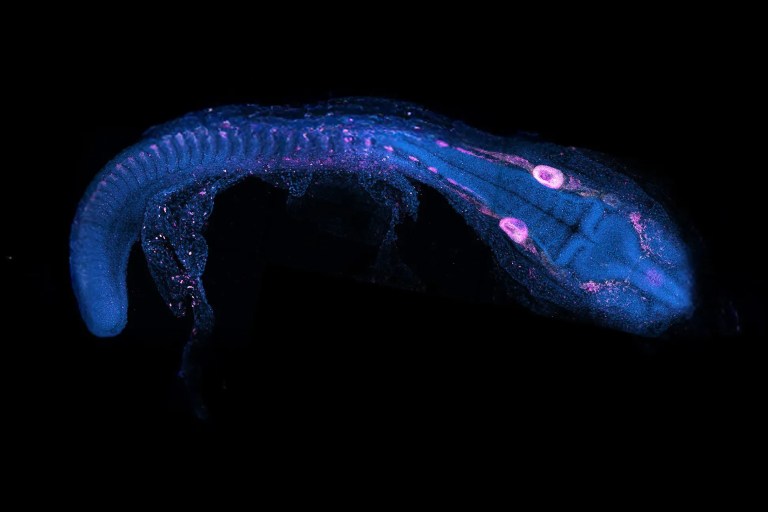From accelerating research to predicting heart attacks, artificial intelligence has been helping move the medical field forward, and a new tool that can rapidly detect hidden brain tumor cells during surgery is one of the latest innovations driving progress.
Called FastGlioma, the open-source, AI-based diagnostic system reveals cancerous tissue that neurosurgeons may not otherwise have been able to identify, allowing them to remove it immediately or target it afterward with other interventions.
The system was trained on a dataset of more than 11,000 tumor specimens and 4 million microscope views, which enables it to accurately distinguish between healthy cells and malignant gliomas in just 10 seconds. (Check out an interactive demo here.)
“This technique will improve our ability to identify tumors and hopefully improve survival due to the added tumor being removed,” Dr. Shawn Hervey-Jumper, co-author of a Nov. 13 study detailing the system, said in a news release. “This model provides physicians with real-time, accurate, and clinically actionable diagnostic information within seconds of tissue biopsy.”
RELATED: Some of the Biggest Cancer Research Breakthroughs in Recent Years
Gliomas are masses of abnormal cells in the brain or spinal cord, and the most prevalent type of brain tumors in adults. In the study — led by the University of California, San Francisco and the University of Michigan — neurosurgeons analyzed tumor samples from 220 patients. They found that FastGlioma missed residual tumor cells just 3.8% of the time, compared to a 24% miss rate for traditional detection methods.
Removing all high-risk tissue is particularly important for brain tumors, which can grow back faster if tissue is missed during the initial removal. According to the release, by identifying this “invisible cancer,” the technique could help delay the recurrence of higher-grade tumors and prevent lower-grade tumors from recurring at all.
“FastGlioma has the potential to change the field of neurosurgery by immediately improving comprehensive management of patients with glioma,” said co-author Dr. Todd Hollon. “The technology works faster and more accurately than current standards of care methods for tumor detection and could be generalized to other pediatric and adult brain tumor diagnoses.”
Researchers say the tool, which is patented by UCSF, is not only fast and affordable, but can also accurately identify non-glioma brain tumor cells. And they plan on testing the system on more types of cancer.
“In future studies, we will focus on applying the FastGlioma workflow to other cancers, including lung, prostate, breast, and head and neck cancers,” co-author Dr. Aditya S. Pandey said in a statement.
RELATED: Your Memories Are Like Movie Scenes and Your Brain Is the Director: Study











